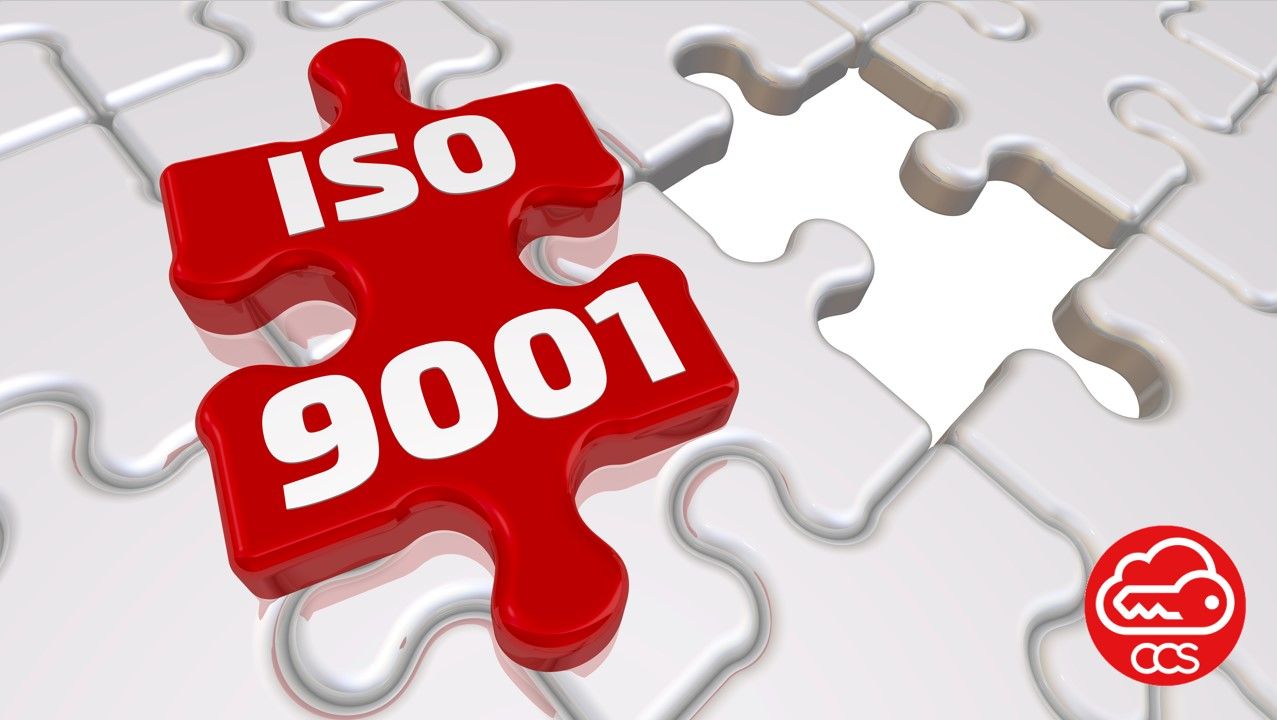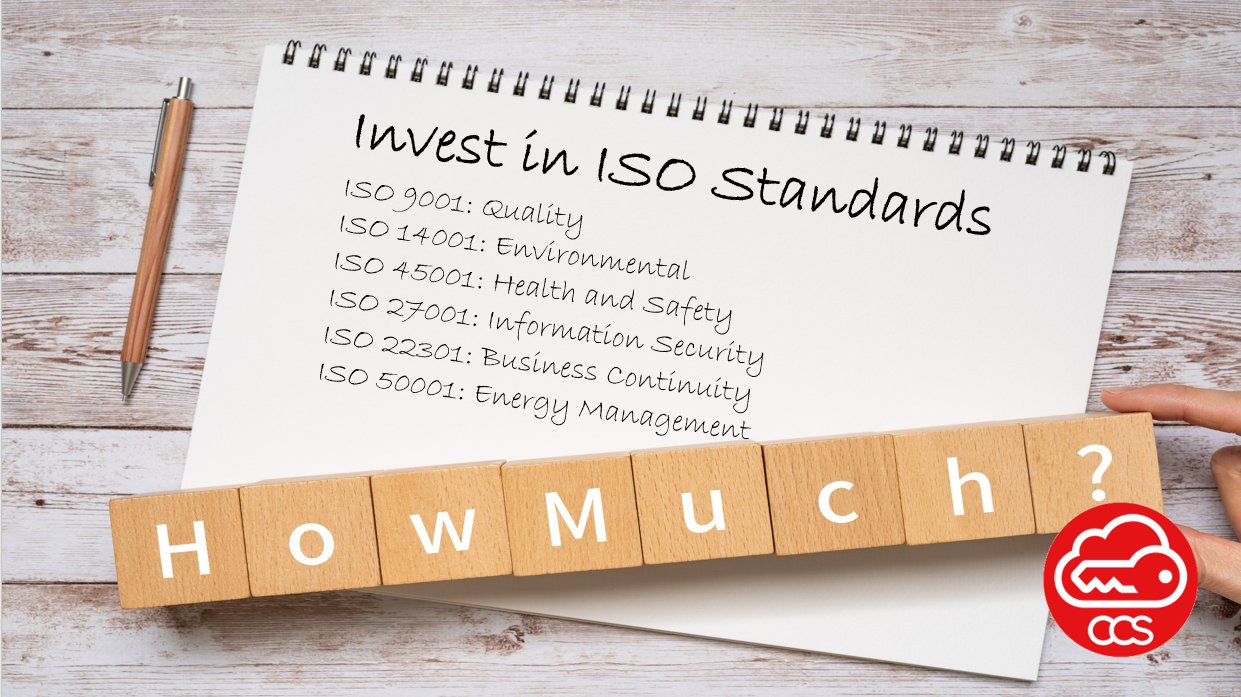Without your business having ISO9001, its like baking a cake without a recipe!
Baking a cake without a recipe is a daunting task that relies on guesswork and intuition. Similarly, a company operating without ISO 9001 certification lacks a structured approach to managing its quality processes. This comparison highlights the challenges and risks associated with running a company without a standardised framework.
Both scenarios share similarities in terms of inconsistent results, increased errors and waste, difficulties in scaling, and a potential disregard for customer focus. This article explores the parallels between baking a cake without a recipe and a company without ISO 9001.
Baking a cake without a recipe is akin to developing and operating a company without ISO 9001 certification. Here are some key comparisons:
- Lack of Structured Approach:
- When baking a cake without a recipe, you rely on guesswork and intuition rather than following a structured approach. Similarly, a company without ISO 9001 lacks a standardised framework for managing its quality processes, leading to inconsistent practices and potential inefficiencies.
- Inconsistent Results:
- Baking a cake without a recipe can result in inconsistent outcomes. Each attempt may yield different results, making it difficult to replicate a successful outcome. Similarly, a company without ISO 9001 may struggle to deliver consistent products or services, leading to customer dissatisfaction and a negative impact on the company's reputation.
- Risk of Errors and Waste:
- Without a recipe, you may inadvertently make mistakes in ingredient measurements, cooking time, or mixing techniques. This increases the risk of errors and waste, leading to a subpar cake. Similarly, a company without ISO 9001 may lack standardised processes, leading to errors, rework, and wasted resources, which can negatively affect productivity and profitability.
- Lack of Customer Focus:
- Baking a cake without considering the preferences or dietary requirements of the intended consumers may result in a cake that fails to meet their needs. Similarly, a company without ISO 9001 may lack a systematic approach to understanding and fulfilling customer requirements, potentially leading to products or services that do not meet customer expectations.
- Difficulty in Scaling:
- Without a recipe, it becomes challenging to scale up the cake-making process to meet increased demand. Similarly, a company without ISO 9001 may struggle to manage growth and expansion effectively, as there are no established processes to ensure consistent quality and efficient operations.
- Missed Opportunities for Improvement:
- Baking a cake without a recipe offers little opportunity for learning and improvement. You may not be able to identify areas for enhancement or refine your baking skills. Similarly, a company without ISO 9001 may miss out on opportunities to identify areas of improvement, gather customer feedback, and implement continuous improvement practices.
Baking a cake without a recipe and operating a company without ISO 9001 certification both illustrate the pitfalls of lacking a structured approach. Both scenarios lead to inconsistent results, increased errors and waste, difficulties in scaling, and a potential disregard for customer focus.
Without a recipe, baking a cake becomes a guessing game, while a company without ISO 9001 lacks standardised processes and quality management systems. In both cases, the absence of a structured approach hinders growth, efficiency, and customer satisfaction. These comparisons emphasise the significance of implementing standardised frameworks, such as ISO 9001, to ensure consistent quality, streamlined operations, and a customer-centric approach!





